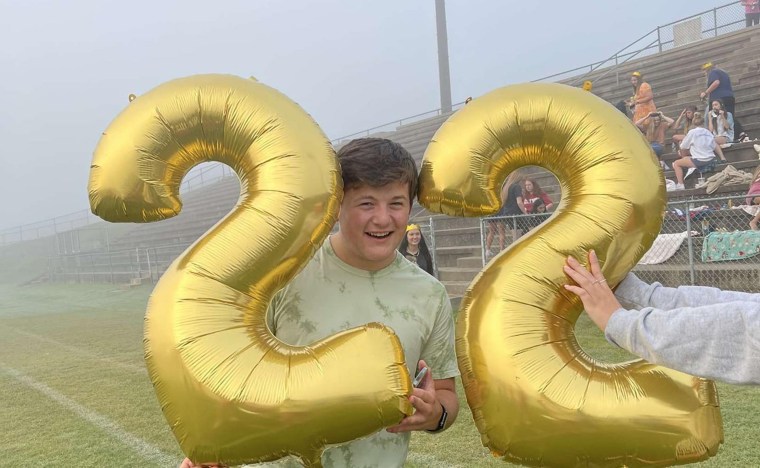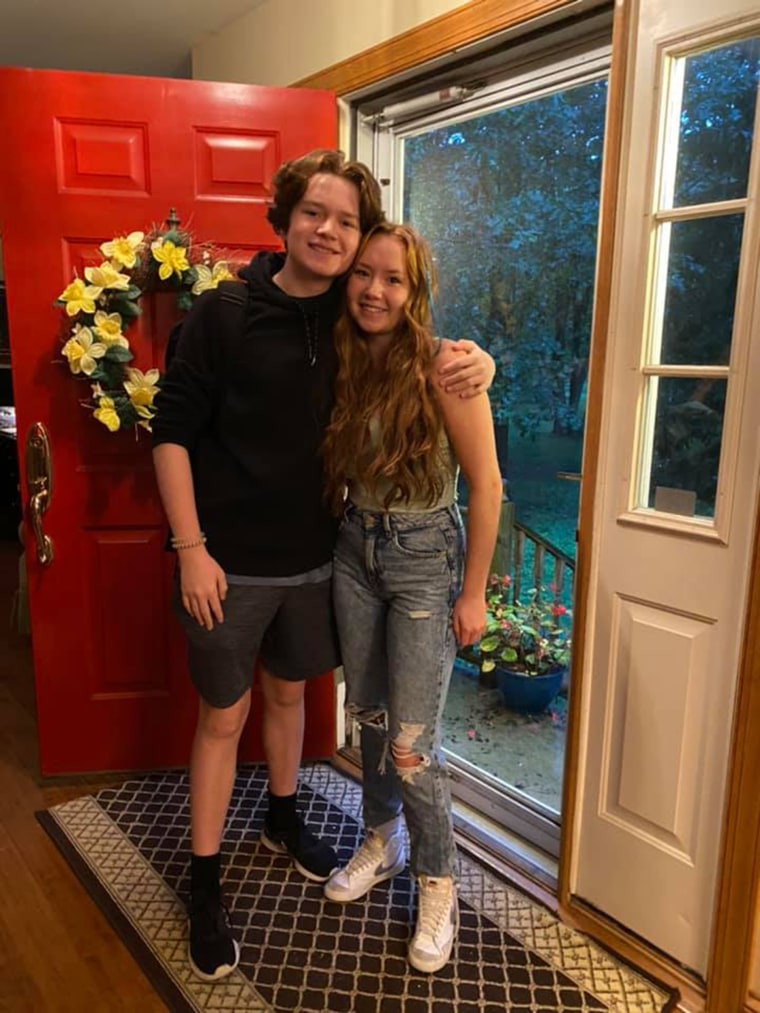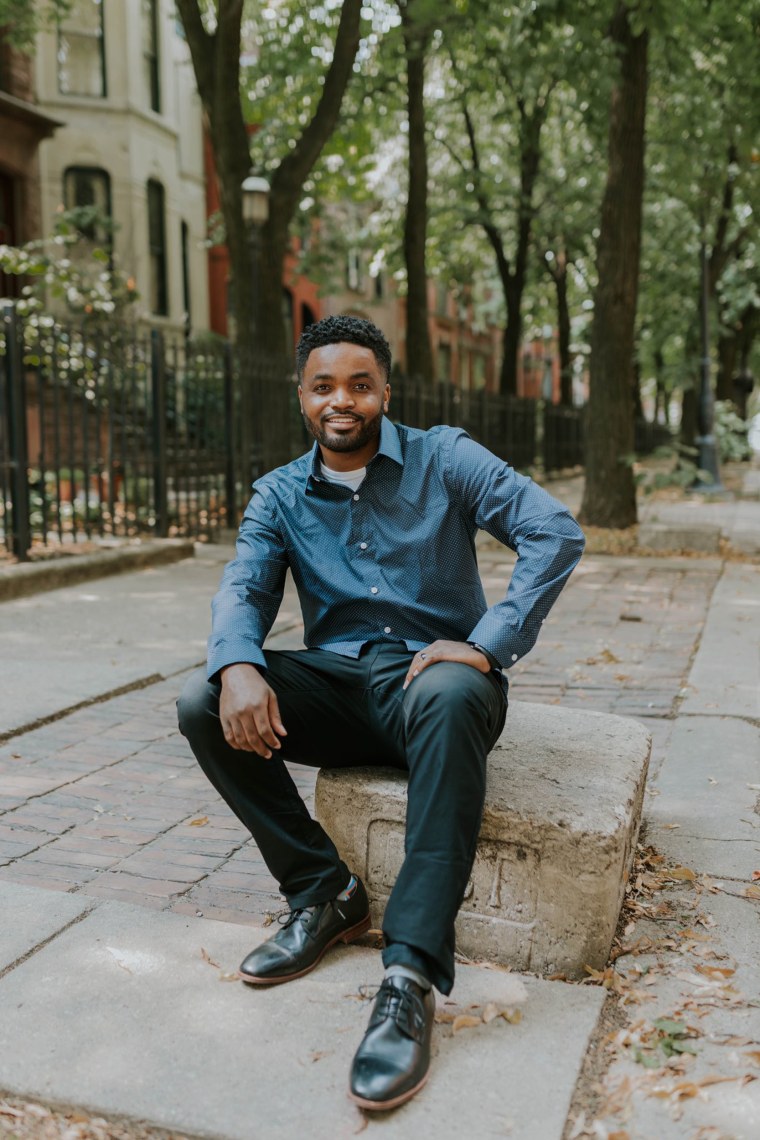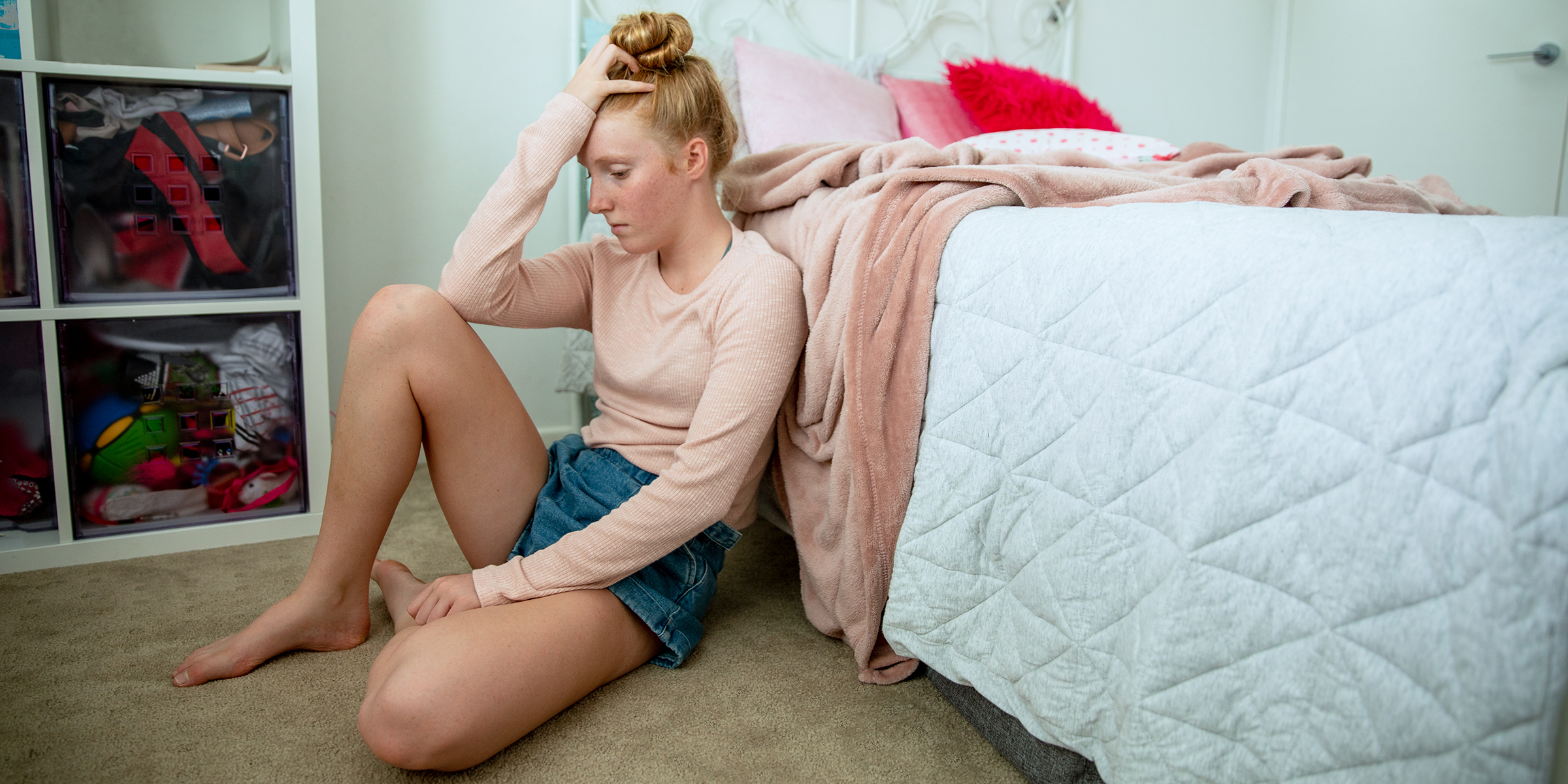Teenagers returned to in-person school this year, but teachers and administrators say the effects of the COVID-19 pandemic are continuing to haunt their students academically, socially, and physically. On Tuesday, U.S. Surgeon General Dr. Vivek Murthy went so far as to issue a rare public health advisory warning of the "devastating" mental health crisis facing American youth that has been intensified, he said, by the pandemic.
According to Murthy's 53-page report, the numbers of young people self-reporting depression, anxiety, and mental health-related emergency room visits have risen significantly in the wake of the pandemic. For American adolescent girls, the number of ER visits in early 2021 for suicide attempts went up 51 percent compared with the same time period in 2019.
Though depression and anxiety numbers were already rising between 2011 and 2015, Murthy said the new numbers represent a sharp increase and are the result of many factors, including relationships with friends and family.
In the past two years, between quarantining and virtual learning, high school students missed a lot of milestones — homecoming dances, proms, lunches, pep rallies, and all the normal, everyday moments in between.
Now that they are back in school, this lost time is showing up in the form of increased violence at schools, poor academic performance, cheating, and widespread mental health issues among students. While headlines bemoan "learning loss," some psychologists and administrators are more worried about the emotional effects the pandemic has left behind.
'Lost time' during remote learning
"What we are seeing is the middle school behavior has crept up to ninth grade," child and adolescent psychotherapist Katie Hurley told TODAY Parents.
"Everybody's worried about the learning losses, but the thing that no one's talking about are the social skills that were lost and just the experience of growing up together," Hurley said.
Although they were lucky to be able to stay connected through social media like Snapchat, Instagram, and text messages, because of the remote and hybrid learning last year and the last quarter of the year before, high school students did not go through developmental milestones together the way they normally would, Hurley noted.
"Think about first hand-holdings and first kisses or first crushes. All of that got missed. So now there's this catch-up and this urgency that teenagers just don't know what to do with. They really lost their ability to communicate empathically and to think empathically," she said. "So now, they're all kind of trying to work it out on their own, and there's a lot of misfiring."
Dwayne Reed, a school administrator in Chicago, said he's been observing similar scenarios.
"In my mind, if I ruled the world, I would make 80% to 90% of all education right now social-emotional learning," Reed told TODAY Parents. "We can get to the math, science, reading, writing a little bit later, but right now, we need to start with the foundations of kindness, of conflict resolution, of time management, of building a concern and a care and compassion."
A 'huge adjustment' for teenagers
After spending an entire year home remote learning during the pandemic, Genevieve Rickey, 16, has returned to full-time, in-person school in Voorhees, New Jersey.
"I feel like going back to school was a huge adjustment," Genevieve told TODAY.
After a year of waking up and turning on her iPad for school and finishing her days at noon, Genevieve transitioned to waking up at 6:30 in the morning and taking either a car or bus ride to and from school before going to dance practice every evening, five days a week. The long days are "definitely taking a toll on the mental health of not only me, but my fellow classmates, I have noticed," she said.
Genevieve said it's become harder to focus in school. Last year, she noted, teachers would only lecture for 20 minutes at a time. Going back to a full day of school has made it harder for her to maintain attention, and at the end of the day, she feels like she has "been hit by a bus," she said.
"It just feels like the last two years of school were almost like fake school," she said. "We kept getting told, 'Oh, this year won't matter that much,' because everyone knew it was a hard year. Now that we're back in person, it's like, 'Nope, this is a normal year,' and the pressure is just back on, and it's just a lot harder than it used to be."
College application pressure adds to the stress
For members of the Class of 2022, the return to school coincided with the beginning of their college applications, adding another layer of stress and anxiety to an already fraught time.

"My school's failed virtual setup — due to the lack of internet access in rural America — really inhibited virtual students from learning last year," said Andrew Dixon, a high school senior in Fayetteville, Tennessee. "If you got quarantined or were concerned about COVID, you had to choose between your safety and your education."
Andrew said the struggles with virtual learning led him and some of his friends to find it difficult to continue and succeed in their coursework this year. "I think those struggles because of COVID have led my friends to question careers they’ve dreamed of," he said.
The college search process also has felt profoundly different. "I’ve been lucky to go on tours," Andrew said, "but many of these tours were during COVID. Some colleges gave me a map and told me to just walk around. I have this lingering feeling of, 'Did I make the right choice?'"
Parents: Listen more, fix less
As high school students navigate this post-quarantine world, how can parents best support them? Resist the instinct to rescue them, Hurley said.
Parents may see their children struggle and feel a sense of urgency and "go very quickly into problem solving mode," coaching them and criticizing.
"What teenagers tell me consistently is, 'I just need someone to listen,'" Hurley said. "We need to spend more time listening to them, empathizing with them, and then trying to help them figure things out."
Hurley suggested helping kids figure out ways to connect with friends socially outside of school. "Ask them, 'How can we make that happen? What can I do to make that easier for you?'"
When talking to teens, ask questions from a place of curiosity instead of a place of either interviewing them or gathering information from them about their grades or how successful they are at school, Hurley advised.
"I can definitely see that a parent's instinct is to try to find a solution and to try to solve a problem," said Genevieve, who said she yells at her mom when she comes to her upset about something like a math test score and her mom jumps into action mode, ready to line up a tutor and extra help.

"That's not what I need," Genevieve said. "I'm doing as much as I can. I just need her to be there for me and tell me it's going to be OK. As backwards as this sounds, sometimes being a problem solver makes it worse and makes it seem like my parents think I can't fix it myself. I know how to solve my problems, for the most part. I don't need her to tell me. Just be there for me."
Shifts in post-pandemic parenting
Parents can't fix it, but they can recognize that post-pandemic, parenting might look different. This fall, Genevieve skipped her high school's homecoming dance — and a day and a half of school — to attend a Harry Styles concert. Before COVID, her mom Stephanie Rickey said, she never would have let her daughter miss school for a concert. But her priorities have changed now.
"My older son's junior year was all about AP classes, SATs, looking at colleges. But now, with Gen, if she wants to miss school to go to a concert that she couldn't have seen in the past year and half and that makes her happy, I'm fine with that," Rickey said. "It's a different mindset than I had with my older son because of the pandemic and what we've all been through."
Parents also can recognize that teenagers need down time alone or, conversely, more time to socialize. "Some of them are just tired, really tapped out. They need recovery time," Hurley said. She advised parents to ask their kids what they need at the end of the day: to be around friends, or to be home? Genevieve, for instance, said her way of coping with the stress and overload of the school day often means crawling in bed and taking a three-hour nap when she gets home.
Be aware that over the course of the pandemic and quarantine, Hurley noted, a lot of teenage friendships might have changed. "Some of them are feeling like their friends are just not on the same wavelength anymore," she said. "It can be really hard because they're all at really different places right now."

"I think the best thing parents can do is to speak with their children — I mean, literally speak with them and have conversations," Reed said. "They're longing for relationships. The relationship piece of education is what's going to be our saving grace."
"We can't fix everything they went through," Hurley added. "We just can't. There's no way to dig out of this overnight. People who deal with mental health have been saying from the minute the pandemic hit that this was going to be the hardest part for the kids."
Related:


